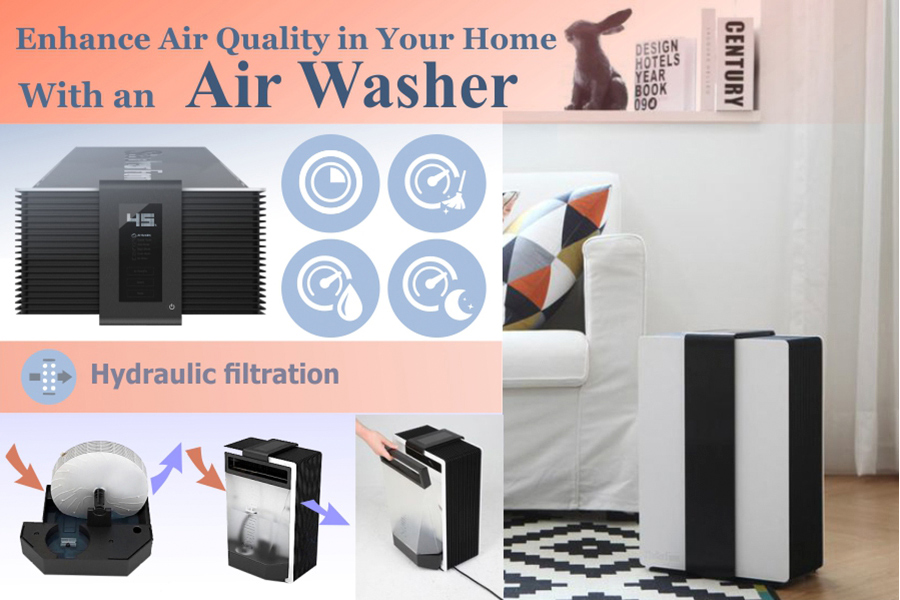Heatpump Vs Heater - Which Is The Better Heating Option For Your Home?
Heatpump Vs Heater - Which Is The Better Heating Option For Your Home?
Blog Article
Published By-Huff Sims
Lots of homeowners know with heaters, which heat homes with oil or natural gas and push hot air via ductwork. They are fairly inexpensive and can provide trustworthy heating also throughout a winter power outage.
Nonetheless, they utilize fossil fuels and produce carbon monoxide and other air pollution. They also aren't as energy-efficient as a high-efficiency heat pump.
Cost
Normally, heatpump are extra cost effective to run than heating systems. They usually use electrical power and refrigerant to essence warm from exterior air, and afterwards move it right into your home. You can make use of less costly power rates during off-peak hours to even more decrease your home heating prices.
Unlike heat pumps, gas or wood-burning heating systems make use of combustion to create warmth, releasing flue gases into the atmosphere that can be unsafe to your wellness. These furnaces are also much less energy-efficient than heat pumps, and their higher operating costs can accumulate in time.
Heating systems are much more difficult than heat pumps and require regular upkeep to guarantee the correct feature of all parts. Despite this, they have a tendency to last longer than heat pumps with a common life expectancy of two decades or even more. However, you'll require to factor in the cost of gas, fuel oil or timber and the added devices required for installation and operation such as ducts and air flow systems.
Energy Effectiveness
Heatpump have a higher energy efficiency rating than heating systems. These systems utilize electrical power to feed on heat from the air, even in freezing temperature levels. check out here can likewise get rid of excess warmth from the home during warmer months and reuse it to cool down the system. copyright professionals can assist you establish the very best design for your online on environment and source power expenses.
Furnaces shed gas oil, gas, gas or various other types of nonrenewable fuel source to heat the air in the home. This air is then dispersed through ductwork utilizing a huge follower. Heaters produce greenhouse gases and need routine maintenance and devices upgrades to make sure risk-free procedure.
https://cost-of-small-central-air00000.smblogsites.com/29311520/the-ultimate-overview-to-comprehending-warm-pumps-exactly-how-do-they-work of a heater is that it can be operated also in extreme wintertime problems because it does not rely upon outside temperatures to warm up the air. Heaters also have a longer lifespan than heat pumps and typically last 15 years. https://driving.ca/reviews/used-vehicle-guide/used-car-guide-2012-2017-toyota-camry can additionally be coupled with twin fuel choices, which pick the most reliable heating choice based on the weather condition.
Environment
Heat pumps work well in modest climates and make use of less resource power than furnaces. Nevertheless, if your area is remarkably cold, you might require to buy a typical gas furnace rather.
Heaters give cozy, comfy warmth and typically use rapid home heating to raise indoor temperature levels. These systems can be utilized with a selection of fuel kinds, including natural gas, lp, oil or power.
They consume more power than heat pumps-- as much as 3x as much-- and call for ductwork that's expensive to set up or retrofit. They're likewise a lot more expensive to preserve, as they can trigger air top quality issues and create greenhouse gas discharges.
If you're dedicated to minimizing your carbon footprint, a heatpump is a great selection for your home. They have fewer greenhouse gas discharges than heating systems, specifically if you select a power CELEBRITY ® heatpump. Your local Service provider expert can discuss the differences in between these 2 heating systems and assist you make the very best decision for your unique requirements.
Individual Preferences
Heating systems can be really energy effective when powered by gas, lp or oil, but they aren't as energy reliable as heat pumps in icy climates. They can likewise be extra expensive to install, needing gas lines and ventilation systems.
Nonetheless, furnaces tend to need less upkeep, which can lead to reduced recurring prices. They produce less greenhouse gases and are extra trusted than heatpump during severe climate.
Electric heatpump are more flexible in producing interior comfort due to the fact that they can also work as a/c unit throughout warmer months. They can be more convenient to maintain, needing just routine air filter changes and occasional vacuuming.
If you like the comfort of a single system that does it all, think about a hybrid home heating remedy that pairs a heating system with an electrical heatpump. These systems can automatically switch over in between both home heating options based on your home's requirements and temperature level conditions, making the most of efficiency and cost savings.